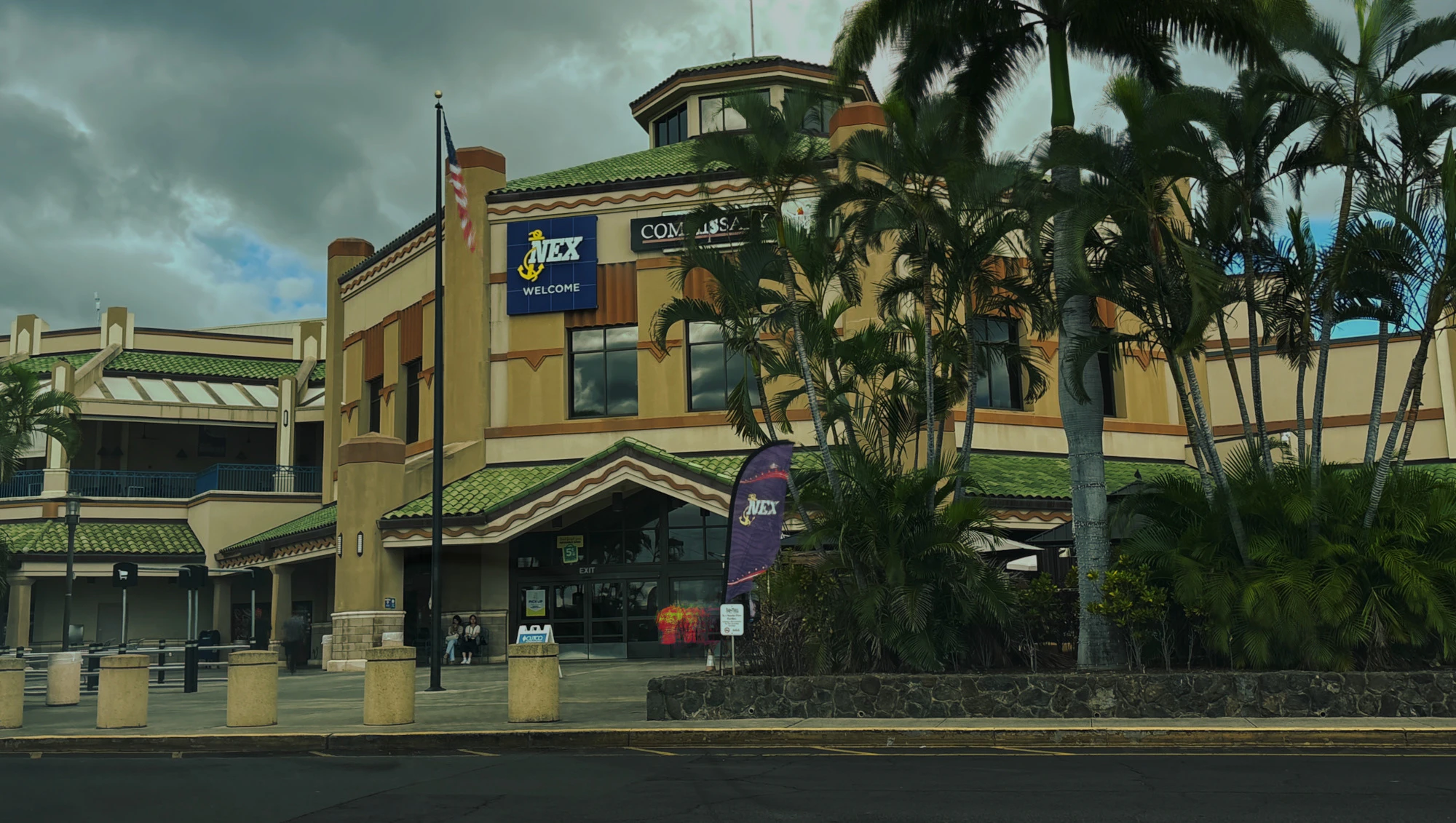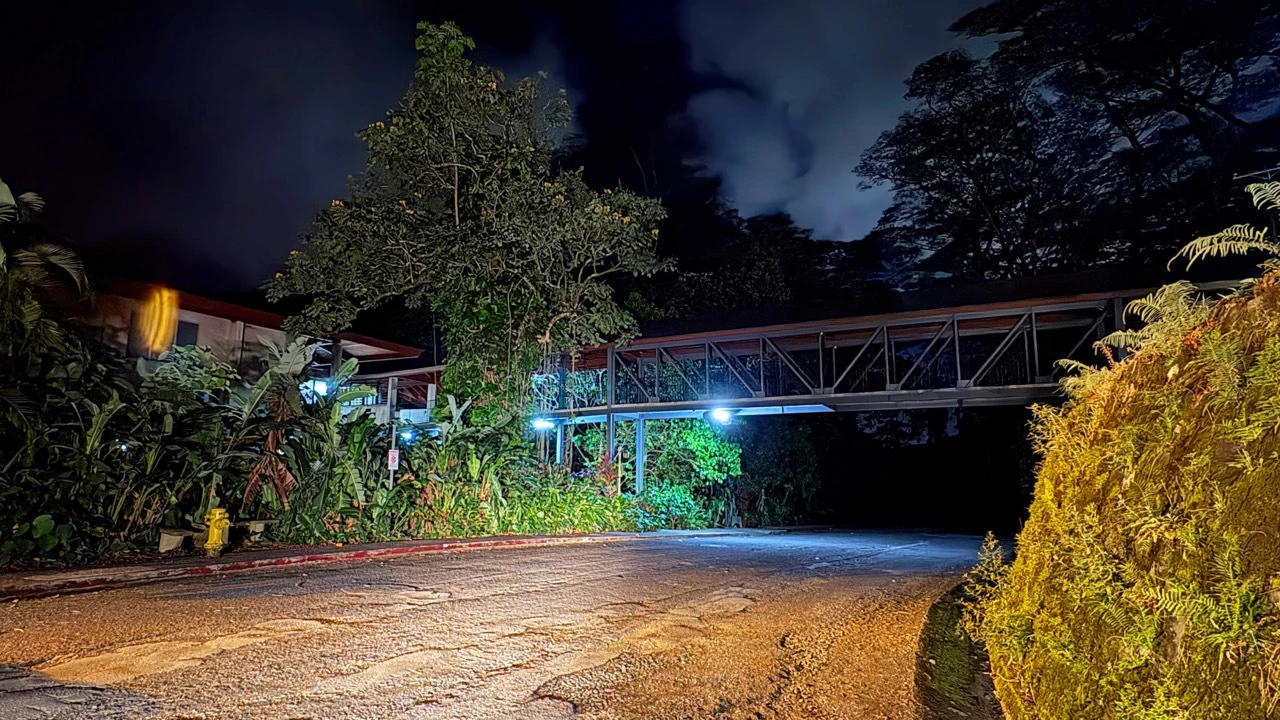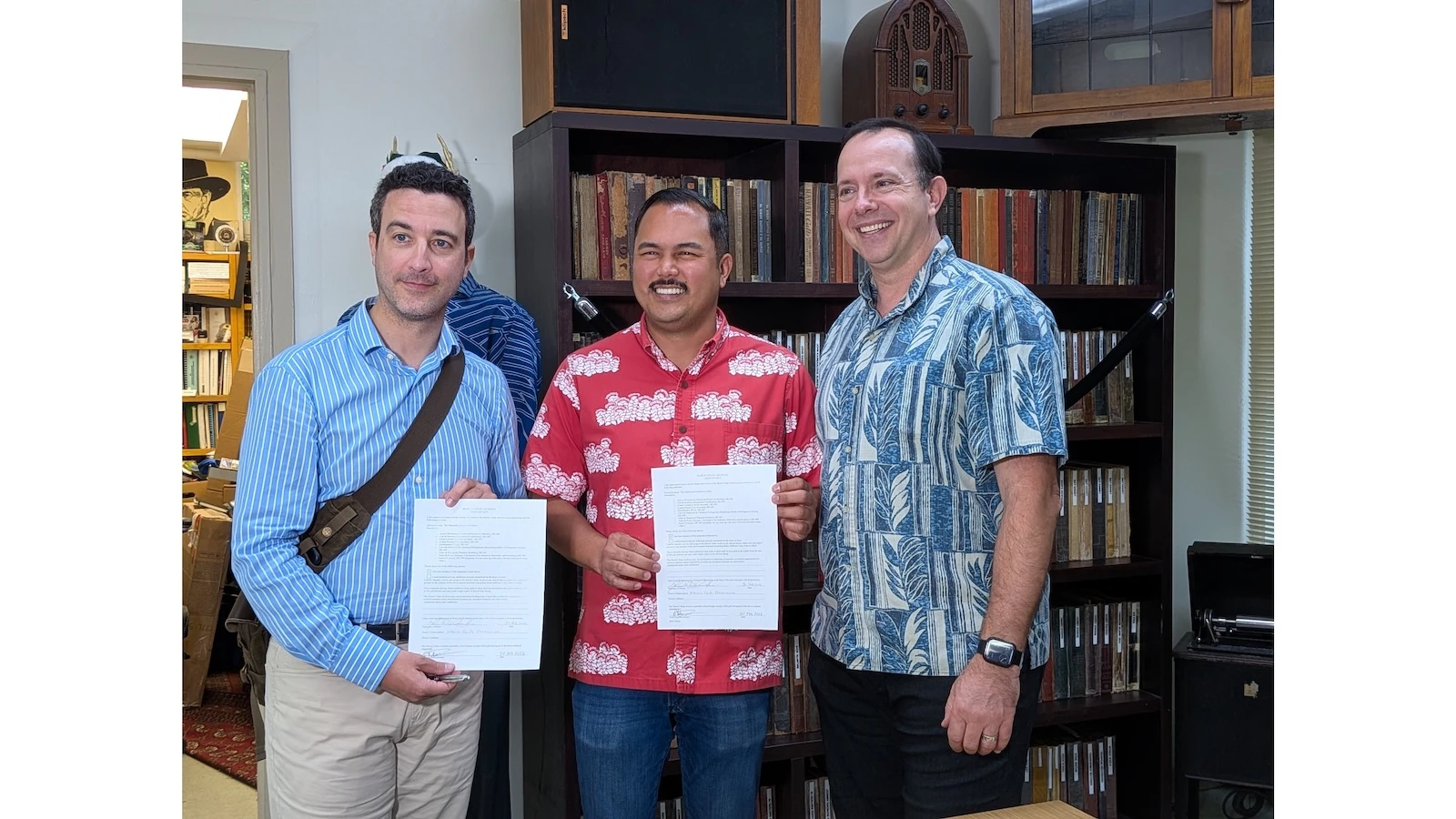While the food court and the grand rotunda with its Wyland mural were still under construction, a US Army retiree and his family were shopping at the Pearl Harbor Navy Exchange, also known as the NEX. His adult daughter recalls walking through an aisle that was stacked with diapers and other baby products when, without warning, a stack of diapers fell behind her. Puzzled, she walked back and returned the diapers to the shelf. She only walked a few steps when she heard them fall again.
The woman admits that she never jumps to “supernatural” as a reason for anything and assumed the shelf was crooked. As she stacked the diapers once again, she tried shaking the shelving unit to test its balance, but the shelf was solid. Looking closer, she noticed there was a wall behind the packages, so there was no way someone could push them from the other side. As she walked away, she heard the packages fall again. She glanced back at the baby diapers on the floor and decided they’d just have to remain on the floor until someone else came along.
The sprawling center of commerce built for military families sits upon land that is layered with stories of the ancient past. The building rests on the slopes of Āliamanu and Āliapaʻakai, places bound to the legends of the goddess Pele and her sister Hiʻiaka. It is said that on this hillside, Hiʻiaka lost her bird companion from Kaua‘i, hence the name Āliamanu. Nearby, Pele left her salt at Āliapaʻakai, the crystalline offering still remembered in the name, also referred to as “Salt Lake.”
Long before the Navy Exchange, the surrounding area was a landscape of abundance, encircled by fishponds that sustained Hawaiian communities for generations. These loko iʻa, carefully engineered and tended, were not only sources of food but living symbols of balance between people and sea. The ponds once stretched across what is now Pearl Harbor and its uplands, and their traces linger in the names of streets and roads.
When the modern building was constructed, much of this history was buried beneath concrete and asphalt. Yet, for many who work in the building, there is sometimes the sense of something older pressing through, the sound of crying, the echo of chants, the feeling of being watched, and the shifting of shadows where none should be. Employees and visitors alike have spoken of cold breezes that move through sealed rooms, or figures glimpsed in quiet corners. In this way, the Navy Exchange stands as more than a marketplace. It is a threshold where the commerce of today meets the presence of yesterday.
One late night after the shoppers were long gone, the overnight employees remained to restock the shelves. One three-person crew brought a pallet of goods out from the warehouse, headed toward the sports section. Suddenly, a sound stopped them in their tracks. Arnold, the man who shared this story, said that all three of them heard the unmistakable sound of a baby crying. One man scoffed, saying it had to be a toy, and they continued on their way.
The small crew began unloading boxes and stacking items on shelves and hooks when they heard the sound again. Arnold and one of the men decided they were going to find the source of the cry and headed toward the toy section, leaving the third man by himself. After several minutes, the pair headed back to the sports section without success.
“I admit,” Arnold said, “We were a little jumpy now because we didn’t find anything that would have made a crying sound.”
But as they turned down the aisle where the third man was working, they watched a gray shadow move toward their coworker. By the time Arnold lifted his hand to point it out, the shadow moved right through their friend and disappeared into the shelf behind him with a thud. Arnold said the man never saw it, but he started coughing, unable to stop.
He went on break and said he wasn’t feeling well after that. Arnold never knew what happened to the man. They didn’t often work together, and he heard a few weeks later that the man quit for health reasons. He never found out exactly why.
For the latest news of Hawai‘i, sign up here for our free Daily Edition newsletter.





